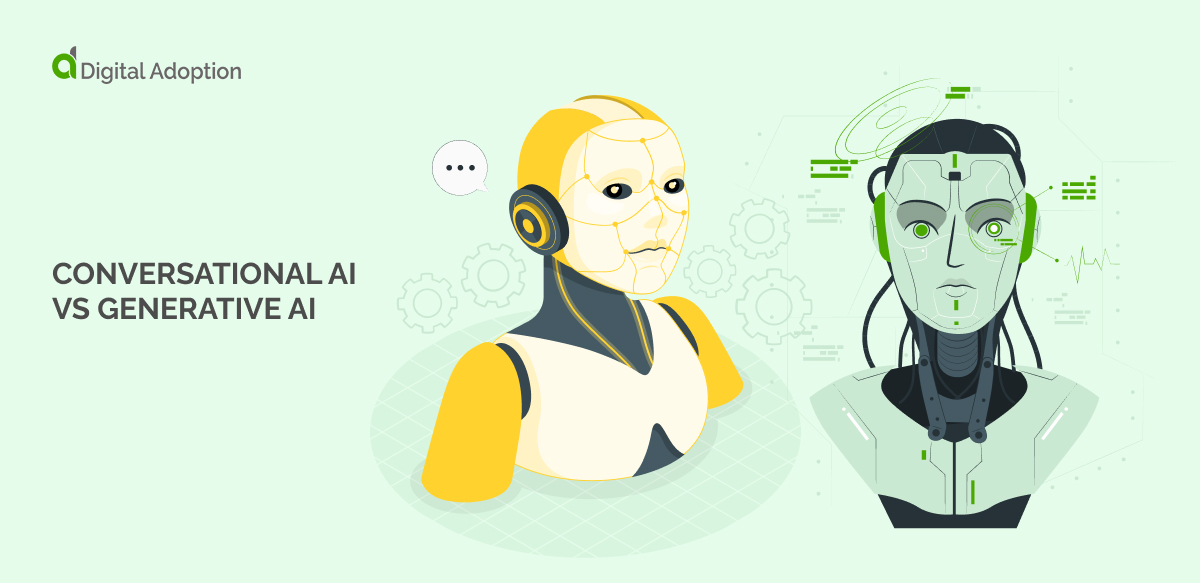In this post, we’ll learn about the role of the Chief Information Officer (CIO) – definition, job duties, trends, and more.
The CIO is responsible for leading an organization’s technology operations, investments, and programs. This role has become virtually indispensable for growing companies, since technology itself has become such a fundamental part of modern business operations.
Below, we’ll learn exactly what CIOs do, how their role is evolving, and what the future holds for CIOs and IT leaders.
Chief Information Officer (CIO) Definition
The Chief Information Officer (CIO) is the senior executive responsible for managing an organization’s IT systems, infrastructure, and tools.
The CIO’s responsibilities can vary from organization to organization, since each company will have its own unique business model and structure.
Common duties include:
- Managing information technology, assets, policy, protocols, and operations
- Overseeing the implementation and delivery of IT systems and services
- Implementing digital tools and software within the workplace
- Designing and leading digital initiatives, such as digital transformation and digital adoption programs
- Supervising IT teams that focus on internal, back-office technology
- Ensuring that technology investments remain aligned with business strategy
In short, the CIO acts as a bridge between the organization’s technology and its business prerogatives.
The role of the CIO, however, has changed over time and it will continue to change in the years ahead.
CIO Trends: How the Role of CIO Is Evolving
Over the past several decades, IT’s place in the organization has expanded significantly. And as IT has become more prominent and important, so too has the role of the CIO.
In the past, IT departments were smaller and more technical in nature.
CIOs, as a result, tended to focus more on IT services management, maintenance, and delivery.
Today, this is still true for many, if not most, CIOs – they are still responsible for overseeing an organization’s internal IT operations.
However, as we saw above, the CIO plays a major part in organizations’ digital strategies.
In the years ahead, many expect that the role of the CIO will continue to evolve and become even more focused on organizational strategy and business outcomes.
There are a number of reasons for these changes, most of which result from the disruptive effects of technology.
For instance:
- To participate and compete in today’s economy, organizations must become digitally mature and have a digitally savvy workforce
- Organizations that fully exploit their technology can gain a competitive advantage in their marketplace
- To take full advantage of digital technology, businesses must have business-savvy IT leaders that can bridge the gap between organizational strategy and technology
- Since digital technology continues to change so rapidly, CIOs must be agile and adaptable, and they must be ready to take on new responsibilities and tasks
In the coming months and years, the economy and the world will only become more digital with every passing day. And the more digital the economy becomes, the more necessary it will be for organizations to fully integrate technology into their business model, strategy, and operations – and CIOs will be the ones to do that.
The Future of the CIO
There are a number of trends that will continue to affect the shifting role of the CIO. In the years ahead, as the digital economy continues to evolve, both organizations and CIOs will need to adapt.
For instance:
- Digital will continue to define and redefine business strategy. Digital technology, as we all know, has disrupted the way we live, communicate, and conduct business. In the years ahead, this will not change. As a consequence, IT and IT professionals, including CIOs, will play an increasingly important role in defining business and business strategy.
- Innovation will become foundational for success. In the digital age, disruptive innovation has been the chief characteristic that separates leaders from laggards. CIOs must create innovative teams and instill creative, non-linear thinking into their business approach.
- Organizational agility will depend on digital savviness and digital maturity. Agile business processes are designed to be flexible, user-centered, and responsive. Implementing such nimble processes, however, depends not only on new business processes, but on having the right technology. An agile process that depends on real-time data, for example, also depends on the successful adoption of the proper analytics tools.
- The pace of digital change will continue to accelerate. The faster that digital transformation changes the world, the more quickly CIOs will need to adapt. This means that CIOs will need to rethink their role and, if necessary, acquire new skills to stay productive, effective, and relevant.
In the years ahead, CIOs will face steep challenges.
To overcome these obstacles, they will need to adapt to the changing digital landscape and organizations’ evolving needs. CIOs that bring a more generalized and flexible skill set to the table will, in all likelihood, be more successful in their positions and bring more value to the table.

 FACT CHECKED
FACT CHECKED













